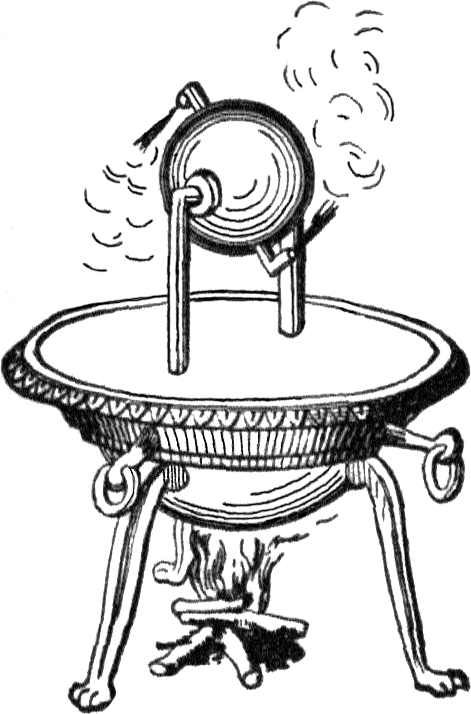Gordy327
DP Veteran
- Joined
- Feb 5, 2022
- Messages
- 22,661
- Reaction score
- 18,699
- Gender
- Undisclosed
- Political Leaning
- Undisclosed
It's about using the best method to view and understand reality. There's a reason why scientists use the scientific method for this. Experience, theology and the like are more subjective and prone to inaccuracy, bias, and error. Thus they are not the best means for objectively examining reality.You're using some human experience, logic and/or philosophy input to make the above particular determination about the scientific method and it's relationship to reality. And that's not horrible.
Superior, whatever that is, is quite subjective to the portion of reality that we're facing in our daily lives. The fact is humankind has a multitude of tools (logic, science, human experience, theology, philosophy, emotion, etc.) in our tool bag in which to pry the reality out of this world. For example, you will rely on logic intuitively several times today without even knowing it, will be emotionally driven by the love for your wife, and will make some decisions about your philosophy on economics. All just today.


